Scepticism and Cautious Hope as PKK Ends Decades-Long Armed Struggle
After four decades of war, 40,000 lives lost, and without achieving a Kurdish homeland, the PKK announces it is ending its conflict with the Turkish state.In a historic move, the Kurdistan Workers' Party (PKK) has declared an end to its armed struggle against the Turkish government, marking the close of one of the world’s longest and bloodiest conflicts. The announcement comes after 40 years of fighting that claimed an estimated 40,000 lives and destabilized regions across Turkey, Iraq, and Syria.
The Turkish government hailed the move. A spokesperson from President Recep Tayyip Erdogan’s ruling party described it as a significant step towards “a country free of terror.” Yet, despite the hopeful rhetoric, no concrete concessions or promises have been made public. That lack of clarity has led to a mixture of hope and deep skepticism, especially among Turkey’s Kurdish population.
In the ancient Kurdish-majority city of Diyarbakir, battered by conflict and symbolic of Kurdish identity, the response has been muted.
Sheltering from a sudden hailstorm in a small tea shop, 65-year-old driver Necmettin Bilmez voiced his doubts. "They [the government] have been deceiving us for thousands of years," he said bitterly. "When I get an ID that says I’m Kurdish, I’ll believe change is real. Until then, I don’t."
Nearby, Mehmet Ek, 80, took a more optimistic view. "This is late – it should have happened ten years ago. But anyone who stops this bloodshed deserves respect," he said, tipping his flat cap. "The fighters in the mountains and the soldiers – they are both our sons. Everyone loses in this war, Kurds and Turks alike."
He and many others in the region are calling for amnesty for PKK fighters and the release of jailed Kurdish politicians. "If that happens, peace will be beautiful," he added.
Despite the declaration, the scars of war remain. Diyarbakir still bears the wounds of intense fighting, particularly from 2015, when urban battles between Turkish forces and the PKK devastated parts of the city. Rubble from those clashes remains a stark reminder of the conflict’s toll.
Ibrahim Nazlican, 63, sipping tea by the city’s towering Roman-era walls, echoed the weary sentiment of many. "No side has won. Only harm and loss. That’s all this war has given us."
The conflict has not been confined to Turkey’s southeast. From the PKK’s mountainous bases in northern Iraq to bombings in Istanbul, its reach has been wide and deadly. A 2016 attack by a PKK-linked group outside an Istanbul stadium killed 38 police officers and eight civilians.
The PKK’s decision to lay down arms follows a February call by its imprisoned leader, Abdullah Ocalan. Detained since 1999 in a prison island near Istanbul, Ocalan declared that "there is no alternative to democracy." Despite his isolation, he remains a powerful symbol for many Kurds.
Menice, 47, is among those who revere him. Surrounded by photos of family members who died fighting for the PKK, she insists peace cannot come without Ocalan’s release. "We want peace. But if our leader is not free, we are not free," she said. "If he walks free, then the Kurdish problem will be solved."
Menice lost five relatives to the conflict, including her eldest son, Zindan, who was killed in a Turkish airstrike at age 25. He joined the PKK at 17. Her younger son, Berxwendan, also joined the group at the same age and has been missing until recently, when he sent a photo during Ramadan. She prays he will return home soon.
"As a mother, I want peace. No more killing. Haven’t we all suffered enough?" she asked, her eyes filling with tears.
Whether peace can truly take hold remains uncertain. Deep mistrust lingers, and many Kurds feel abandoned by decades of unfulfilled promises.
Yet political dynamics may be shifting. Erdogan may need the support of pro-Kurdish parties to secure a third presidential term in the 2028 elections. Meanwhile, the PKK has suffered significant losses due to Turkish military operations and drone strikes, while regional changes in Syria and Iran have restricted its maneuverability.
With both sides under pressure, the conditions may finally be right for negotiation. Fragile as it is, this moment carries the potential to end a long and tragic chapter — if promises are kept and mutual trust can be rebuilt.

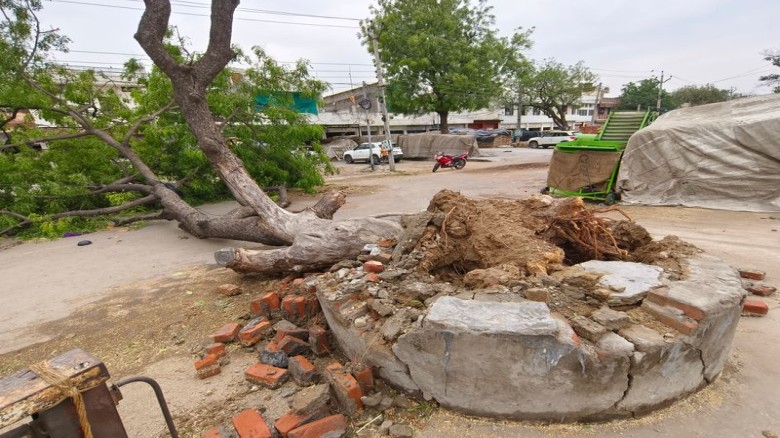
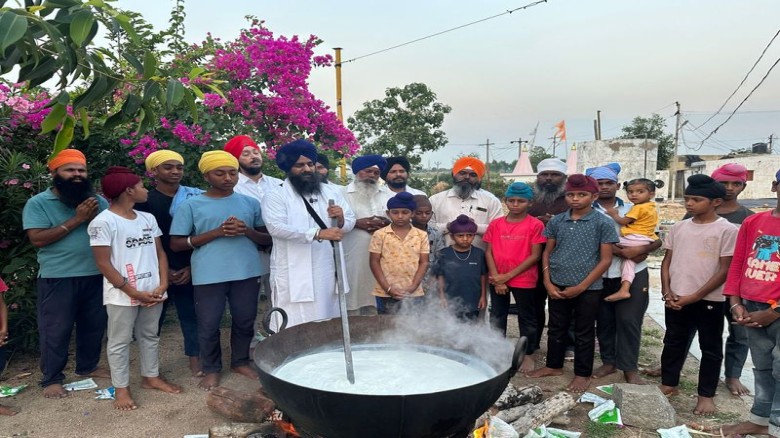
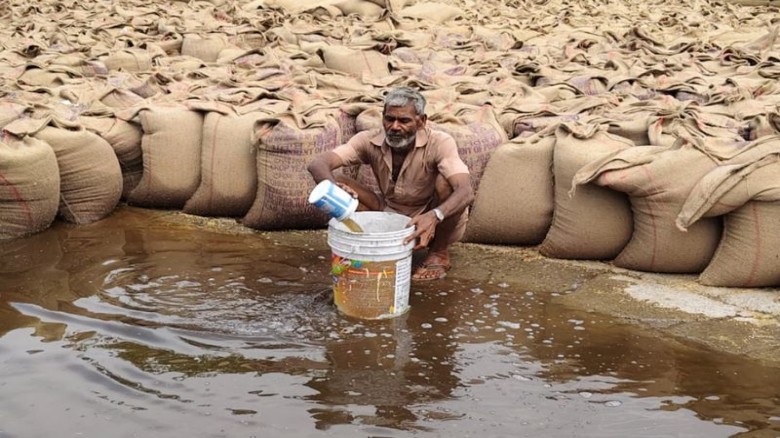
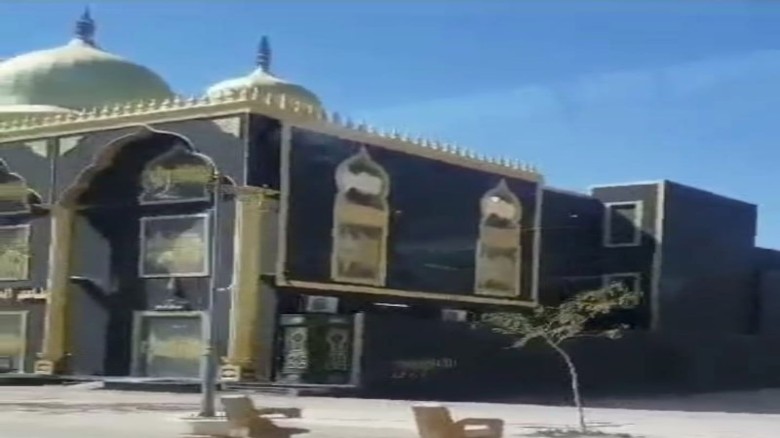



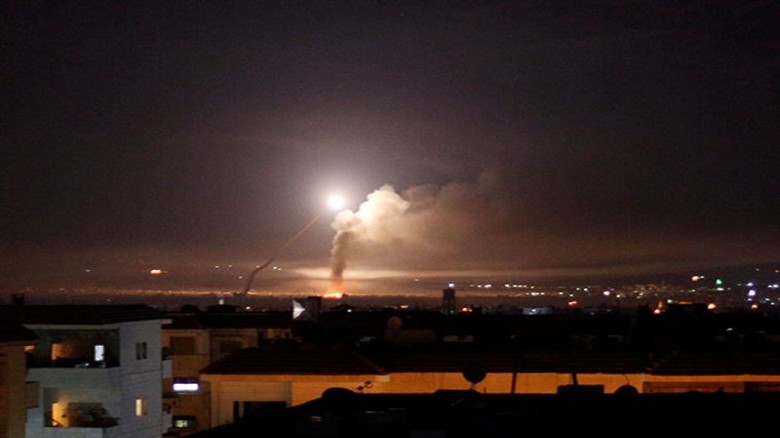
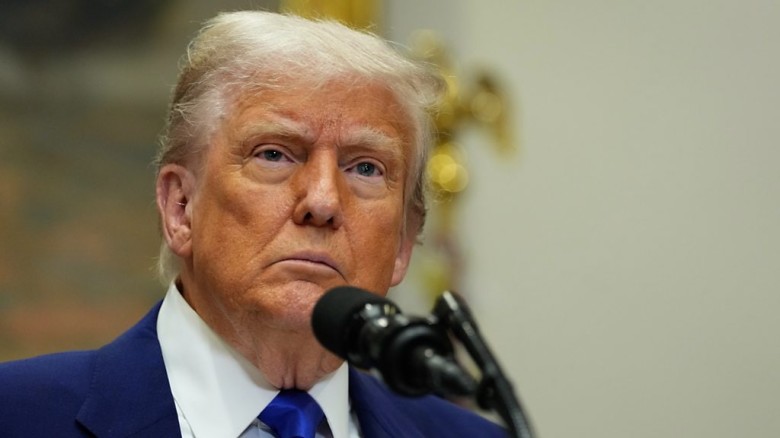

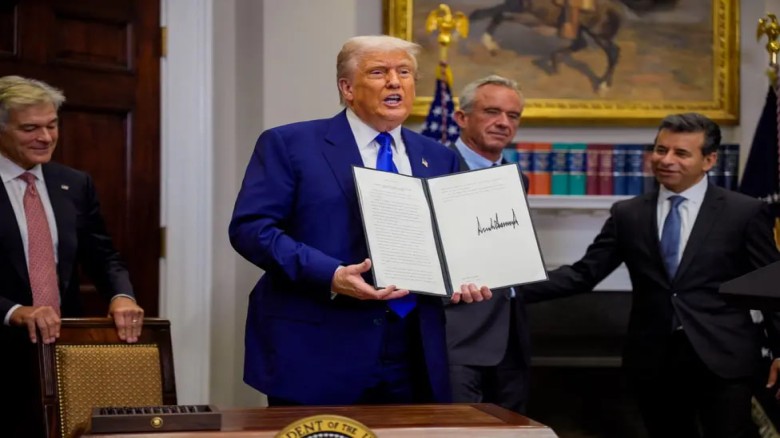
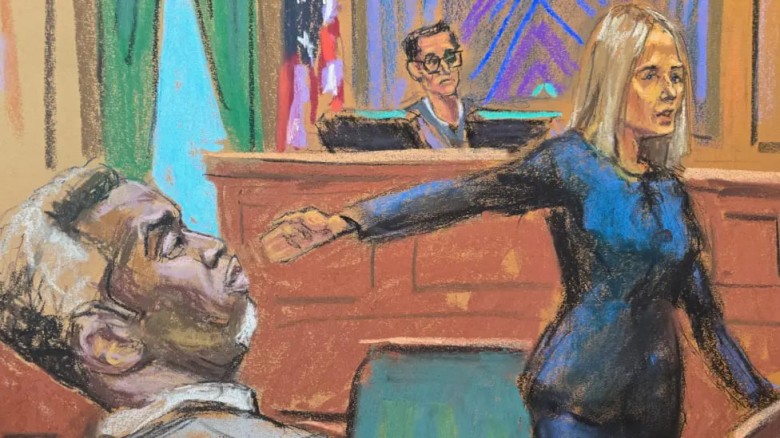




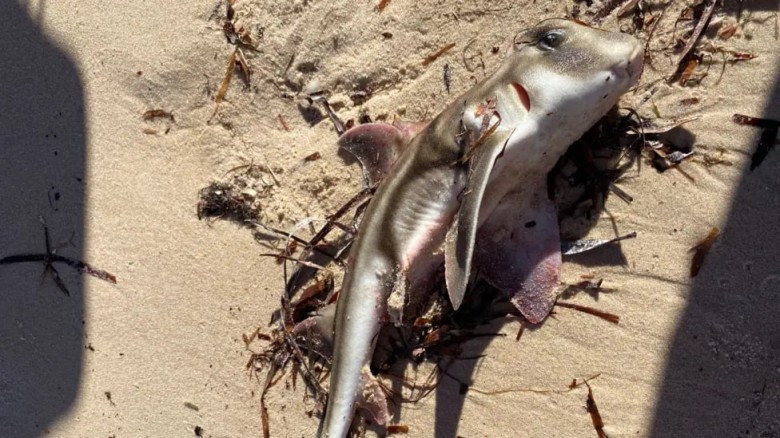

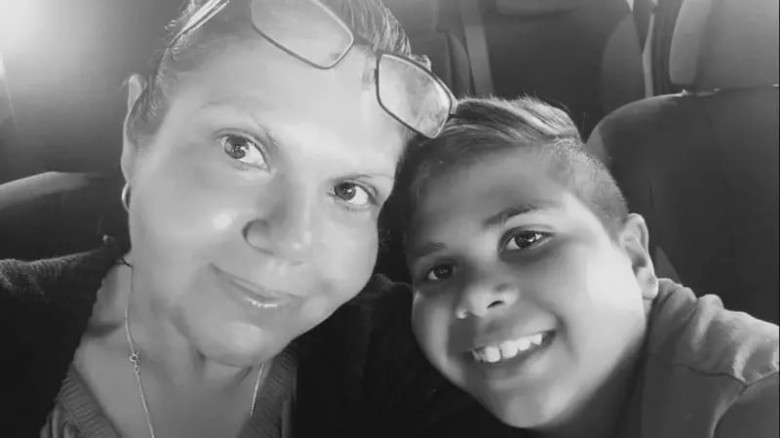
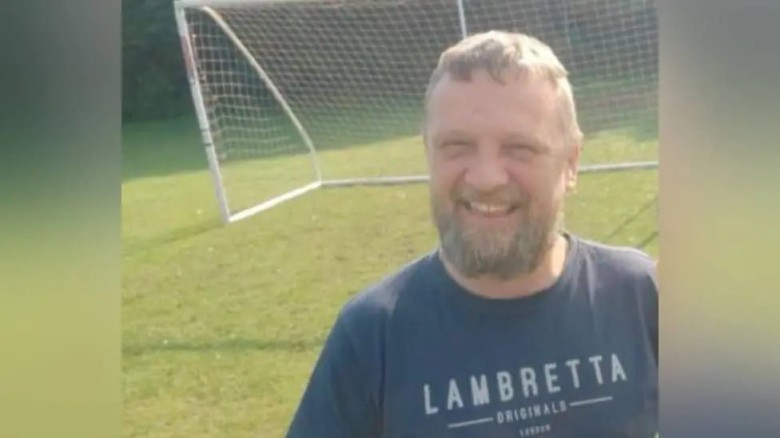
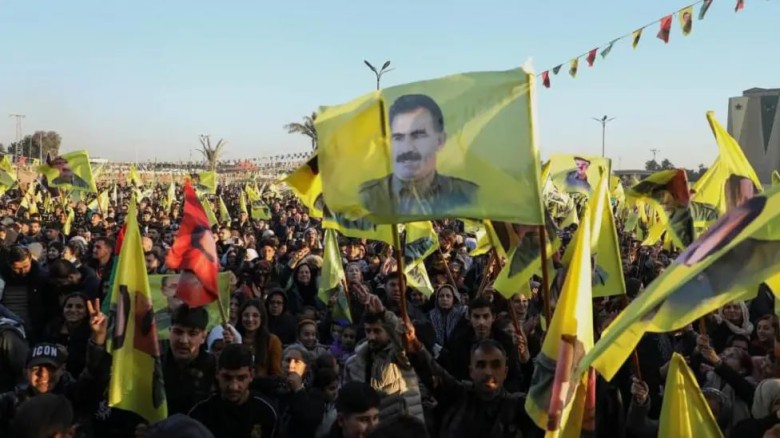
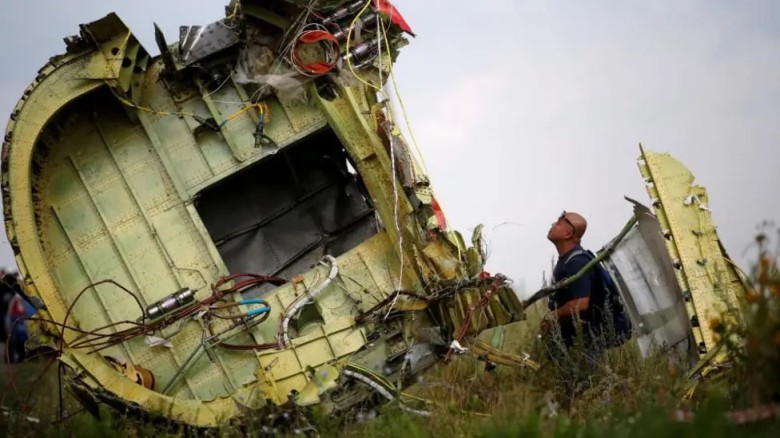
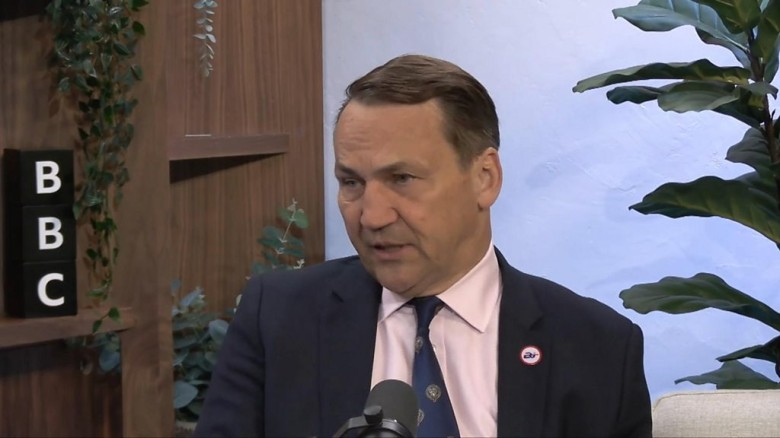


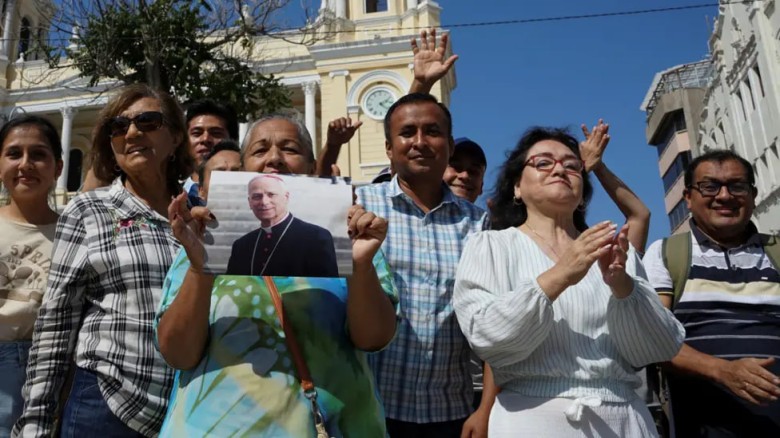
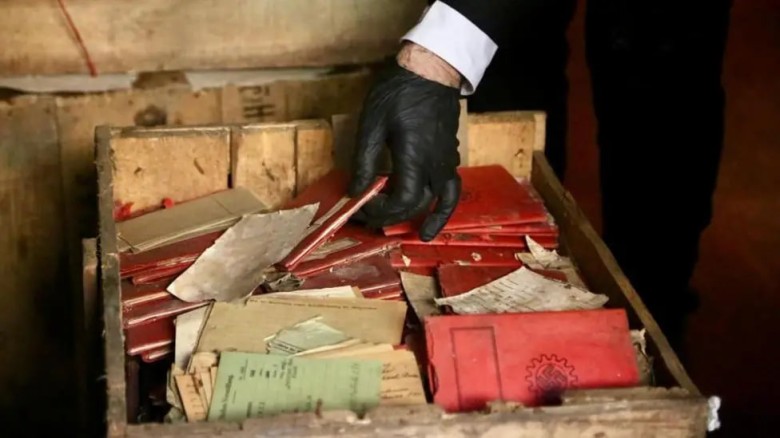
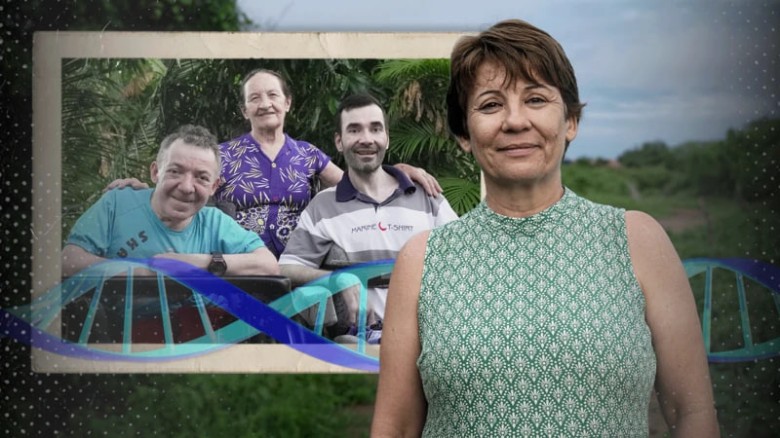









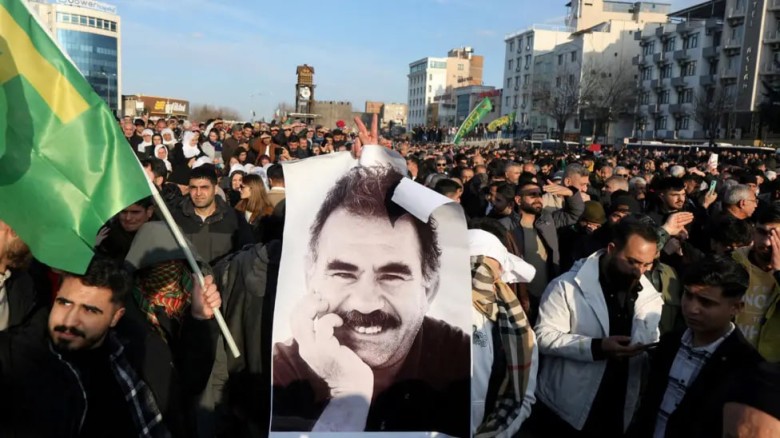
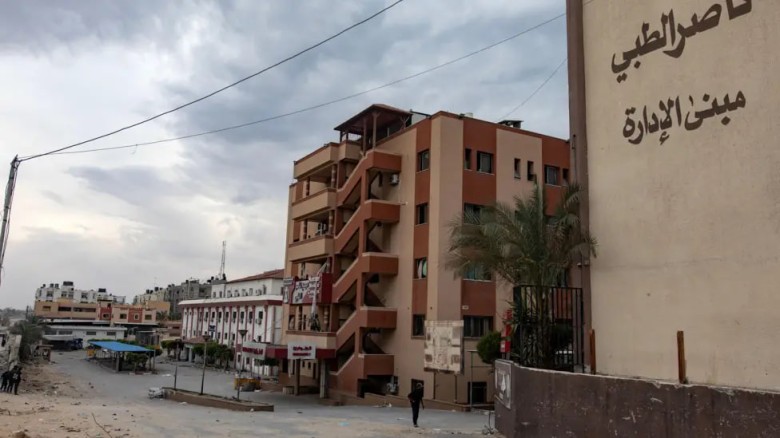
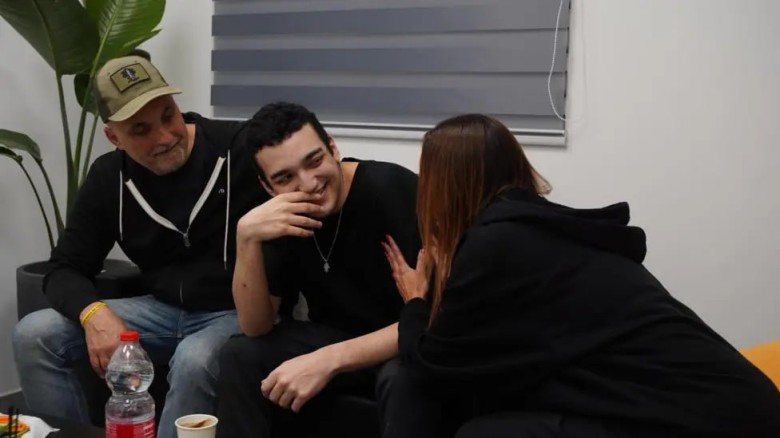
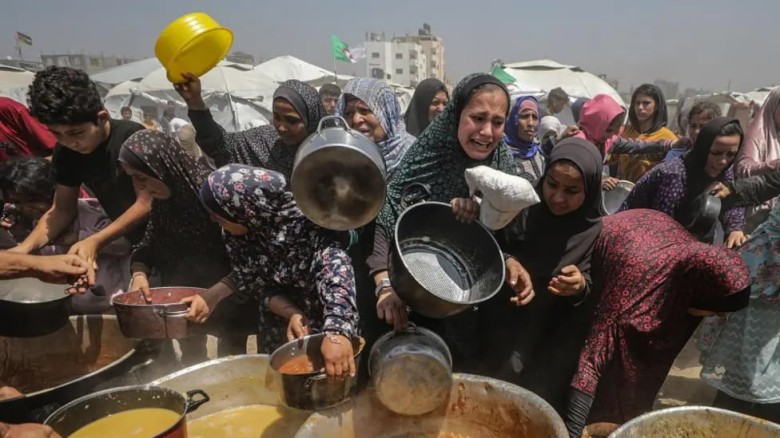







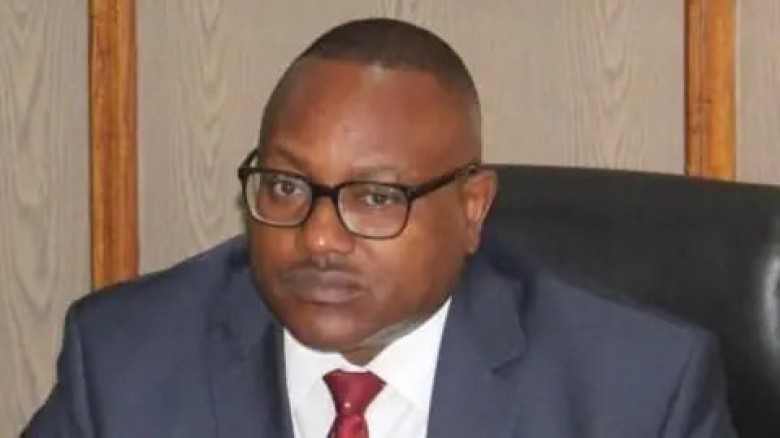
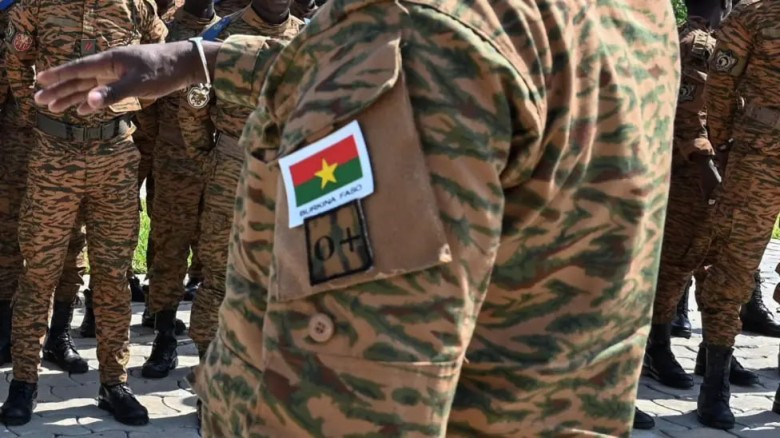
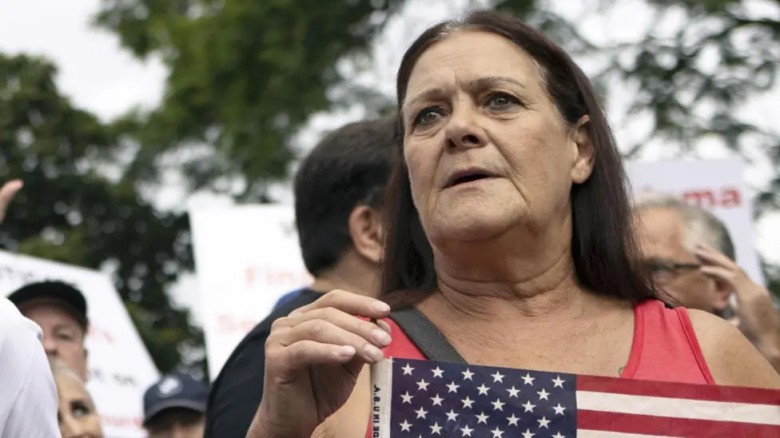
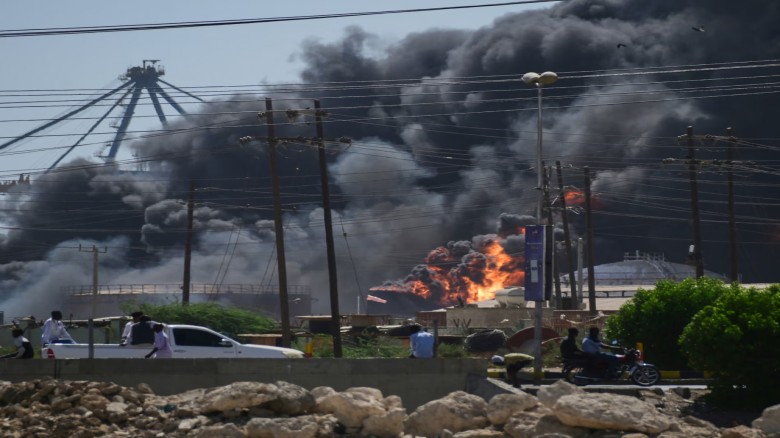



















Leave A Comment